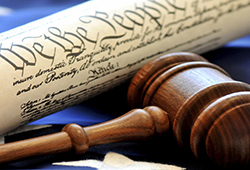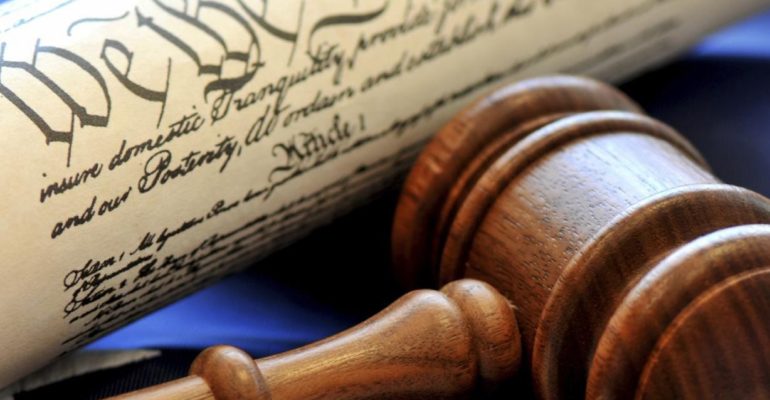 We have previously reported on the class action suit against AbbVie alleging misconduct and antitrust violations in connection with AbbVie’s assertion of its patents against biosimilar manufacturers to prevent the sale of biosimilar versions of Humira® (adalimumab) in the United States. On June 8, 2020, in a Memorandum and Opinion Order, Judge Shah of the Northern District of Illinois Eastern Division, granted AbbVie’s motion to dismiss the Plaintiffs’ complaint, ruling that “even when considered broadly and together for their potential to restrain trade – [the Plaintiffs’ allegations] fall short of alleging the kind of competitive harm remedied by antitrust law.”
We have previously reported on the class action suit against AbbVie alleging misconduct and antitrust violations in connection with AbbVie’s assertion of its patents against biosimilar manufacturers to prevent the sale of biosimilar versions of Humira® (adalimumab) in the United States. On June 8, 2020, in a Memorandum and Opinion Order, Judge Shah of the Northern District of Illinois Eastern Division, granted AbbVie’s motion to dismiss the Plaintiffs’ complaint, ruling that “even when considered broadly and together for their potential to restrain trade – [the Plaintiffs’ allegations] fall short of alleging the kind of competitive harm remedied by antitrust law.”
Briefly, Plaintiffs alleged that AbbVie improperly exercised monopoly power over the market for adalimumab, both by amassing and enforcing a large patent estate (a so-called “patent thicket”) and by settling patent litigations with biosimilar manufacturers such that earlier entry in the European market was traded for delayed market entry in the United States Plaintiffs alleged that these practices amount to a scheme to violate federal and state antitrust laws. But the Court ruled that the allegations, even if true, would not amount to an antitrust violation. At most, the Court held, AbbVie had exploited advantages conferred on it through lawful petitioning practices—obtaining patents from the U.S. Patent Office, defending the validity of those patents before the Patent Trial and Appeal Board, and asserting its patents against biosimilar manufacturers in BPCIA litigation. The Court found that to the extent these practices have kept prices high for Humira, existing antitrust doctrine does not prohibit it. The Court went on to state that AbbVie’s petitioning was largely protected by the Noerr–Pennington doctrine and that Plaintiffs’ theory of antitrust injury was too speculative.
Regarding AbbVie’s settlement agreements with biosimilar manufacturers, the Court refused to treat the settlements as market allocations that violate the antitrust law per se, and also refused to apply the “quick look” doctrine, because the effect of the agreements is not facially anticompetitive. Instead, the Court held, assuming the agreements contained reverse-payments (in which the patentee pays the alleged infringer to delay its market entry for some period of time), the traditional rule-of-reason analysis would apply. But ultimately the question of which standard to apply proved beside the point, because the Court held that the agreements did not contain reverse payments that could be challenged under the Supreme Court’s decision in FTC v. Actavis, so there was no basis for challenging them at all. The Court reasoned that the “transfer of value, as large as it was, did not have the hallmarks of an unjustified and otherwise inexplicable payment because the package either increased competition or preserved an anticompetitive status quo. . . . The effect of the payment was to increase, not restrain competition by bringing competitors into the market when patents otherwise prohibited the competition.” The Court went on to state that “[t]here is also a broader reason to uphold these agreements under antitrust review: encouraging patent litigants to settle worldwide patent disputes.”

